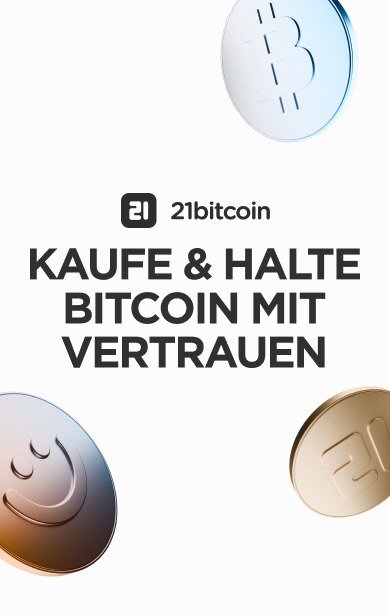EU wants to ban Bitcoin advertising on social media!
As part of new rules to "harmonize influencer marketing in the EU", the consumer advocates of the EU member states are seeking a ban on advertising Bitcoin in social media in the next legislative period. This is according to a letter from the Federal Ministry for the Environment, Nature Conservation, Nuclear Safety and Consumer Protection (BMVU).
The proposal for a ban on advertising raises fundamental questions: Is it the role of the state to decide which legal products can and cannot be advertised? Bitcoin, as a decentralized currency, certainly presents new challenges, but a complete ban on advertising seems to be an excessive and even counterproductive response. Especially because it would restrict the information rights of consumers. Apart from the fact that the BMVU's letter only mentions "bitcoins", but most likely refers to the entire crypto sector, an advertising ban would probably have unintended consequences. A blanket ban on Bitcoin advertising could push corresponding advertising activities into less transparent channels. This would ultimately harm consumers, who would have less access to quality information.
The EU should pursue a policy that supports innovation, protects consumers and upholds the principles of a free and fair market. Only in this way can Europe play a leading role in the future of the digital economy, instead of putting obstacles in its own way.
Aspart of the harmonization of "influencer marketing", the consumer protectors of the EU member states (@EU_Consumer) are striving for an advertising ban on #Bitcoin in the next EU parliamentary legislature.
is
For Germany, the @BMUV of @steffilemke from @GrueneBundestagat the table here. pic.twitter.com/lkxt0WEkts-
Bitcoin in the Bundestag (@BTCimBundestag) April 24, 2024
Furthermore, such a ban would clearly take the wrong approach by tackling the symptoms instead of focusing on the causes. The problems that consumer advocates are trying to address, such as a lack of transparency or the risks of investing in certain cryptocurrencies or financial services, would be better solved through education and clear, fair advertising guidelines. Consumers should have the opportunity to inform themselves from reliable sources and make their own decisions on this basis. In today's modern world, social media is one of those sources and there are numerous "influencers" who definitely make good recommendations, educate and add value to society. Of course, we don't need to mention that there are also plenty of black sheep in these circles. However, a general ban would in no way be expedient. The right of consumers to inform themselves about products is fundamental. Instead of banning advertising for Bitcoin, for example, the EU should use its resources to promote education and transparency and separate "snake oil salesmen" from the "good souls".
There is no information yet on the exact plans and, of course, it is not at all certain whether and in what form such a ban will come. The "Bitcoin im Bundestag" initiative has already sent a request to the German government to find out its position in the EU Council of Ministers for Consumer Protection. Blocktrainer.de will report as soon as new information is available.
Conclusion
Like many EU regulations, an advertising ban for Bitcoin will not come overnight, but will take some time to be discussed both in the EU Parliament and in public. In the course of the discussions, there may not only be differentiations and delimitations, but there is also the possibility that this project will not be realized at all.
The main target of this regulation is likely to be content producers who use affiliate advertising in Europe to lure customers into opaque and sometimes unregulated financial products and platforms. But the whole thing should also be viewed rather critically from the official side, because not only are established financial institutions such as the Volksbanken-Raiffeisenbanken Bayern-Mitte now entering the Bitcoin sector, but traditional banks with custody accounts are also generally providers of financial services and it is questionable whether they are in agreement with this. One possibility, of course, would be that so-called finfluencers in the EU would have to be licensed in the future in order to be held accountable for their advertising measures in case of doubt. And last but not least, affiliate advertising revenue is of course not only a source of income for them, but also a source of tax revenue for the EU member states. This in turn also means that if, despite all these considerations, there is a tough ban on Bitcoin and financial services advertising, more companies will consider moving to non-EU countries, resulting in tax losses for the member states.





